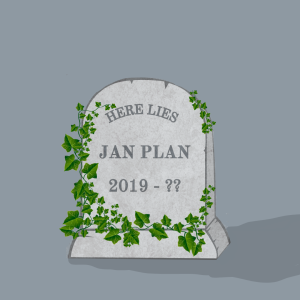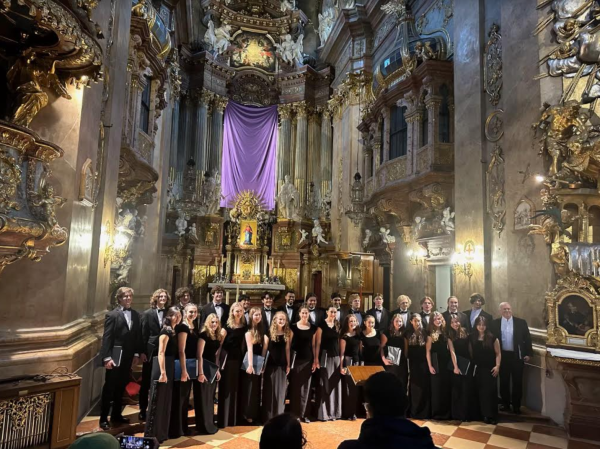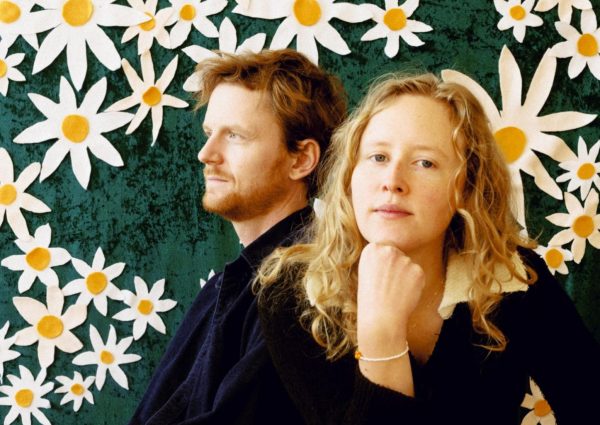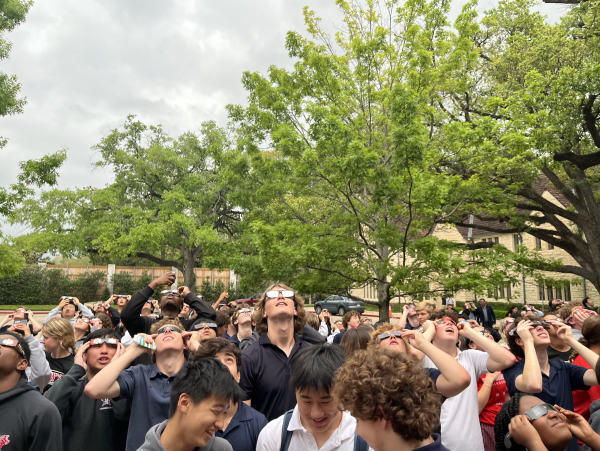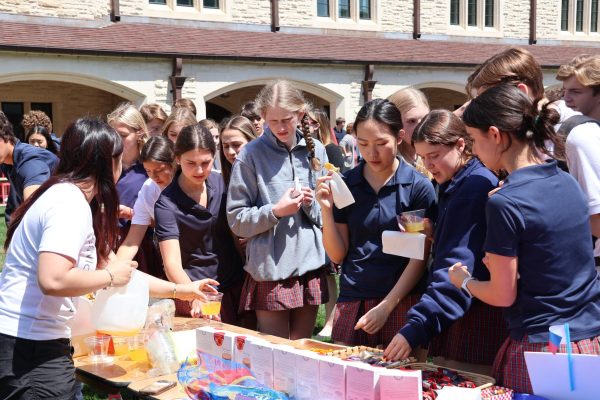Letter to the editor regarding chapel guild, speakers
December 9, 2015
Choral Director and Chapel Guild Faculty Co-Sponsor Scott Bonasso sent a letter to the editor about the efforts of Chapel Guild and the process for choosing speakers. Last month, The Review published an editorial concerning the role of both students and chapel speakers.
The Chapel Guild yearly cycle begins in the spring. During the months of March and April, the faculty sponsors and current chapel guild officers review the officer applications for the next school year and conduct interviews. Once the new officers are chosen, both the current and future officers review applications and conduct interviews for new chapel guild members. In late April, a general guild meeting is held in which the baton is passed to the next year’s officers and preliminary instructions are given to next year’s guild. The guild begins brainstorming ideas for speakers before the summer even begins.
On the last Sunday before school starts in August, the guild holds a three-hour meeting in which instructions are given for how to plan and organize a chapel. Guild members break off into smaller groups to discuss ideas for chapel themes and speakers, as well as start a list of prospective special music performers. The students then reconvene and the fall semester chapel schedule is planned: guild members are assigned to specific chapels and speakers are penciled in for specific dates. Much thought, care, and cooperative effort are put into the planning of chapels by the students on the guild. All of the meetings, including the three-hour planning retreat, are prepared and conducted by the student officers. Once the school years starts, the guild begins holding weekly meetings during lunch on Wednesdays, to debrief that morning’s chapel as well as monitor and discuss the progress of upcoming chapels.
The schedule created at the planning retreat is ever-changing. Some speakers don’t work out, which is why the guild always has backup speakers planned for any given chapel date. Sometimes booked speakers cancel at the last minute, leaving the guild leadership scrambling to find someone willing to speak on short notice. The same goes for special music performers. On any given Wednesday, the US community may be listening to a speaker who was booked two days before because of a last-minute cancellation.
Speakers are carefully chosen by the guild. The guild understands that, historically, the best chapel speakers have come from within the SJS community, so first priority is always given to “in-house” speakers. During guild meetings, speaker ideas are carefully discussed and much consideration is given before invitations are issued. Once a speaker is booked, they are given documents containing information about the SJS chapel program and tips for giving an effective speech. The chapel organizers are in constant contact with the speaker in an attempt to guide them to success in their presentation.
Not every speaker works out. That is the hard truth of planning chapels. The guild members are told every year that, despite their best efforts to plan and produce a “homerun” chapel that everyone will like, things don’t always go as planned. Sometimes a speaker, no matter how good they’re expected to be, falls flat. Their speech is “formulaic,” their message convoluted, their delivery subdued and hard to hear. All a guild member can do is put due diligence into their speaker selection, explain to the speaker their theme and audience, guide the speaker in their preparations – and then hope for the best.
It has always been heart-breaking for me to see the pain and dejection on the student organizer’s face during the guild’s lunch meeting after a speaker falls flat. That student has spent the morning hearing from their peers about how bad their chapel was, or how offended they were by the content of the speech. That may be that guild member’s only chapel to organize in the fall, and perhaps the only speaker they’re directly responsible for all year. That student has worked hard for many months to achieve the honor of planning an US Chapel Service, and it did not go well, even though that student did everything right in their planning. It is a very high-profile context in which to “fail.” From an audience member’s perspective it’s easy to be critical, but I can’t help but think if more students knew the work and care that went into planning a chapel, they would be more tolerant – more sensitive in their commentary – when a speech isn’t “the best chapel speech ever.”
It is a big responsibility to be in charge of making sure there is a chapel service ready to go every Wednesday morning. It is a burden that the guild members embrace because they believe in the value of the SJS chapel program. I would suggest that those students who are dissatisfied with the guild’s speaker selection of late submit a chapel guild application in the spring and take action to implement the improvements they desire. That, and/or approach the guild about giving a speech about their own lives and something meaningful they have experienced.
“Be the change you want to see…”
Respectfully,
Scott Bonasso
Chapel Guild Faculty Co-Sponsor


